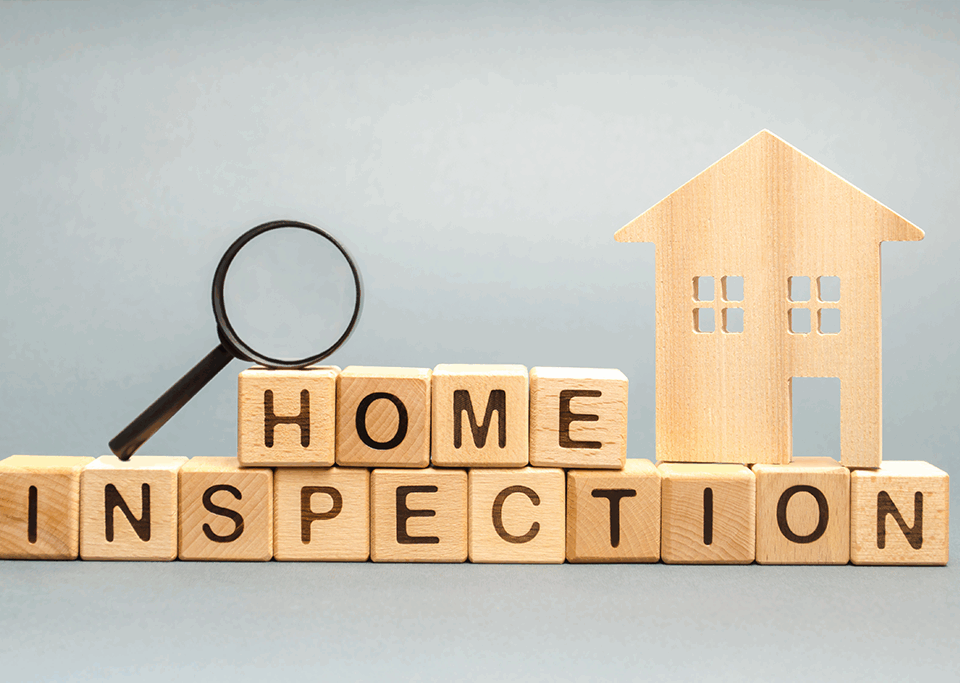
Knowing your Consumer Rights – A Case Study
April 13, 2023
Sustainability – The claims people make
May 16, 2023In times of rising interest rates, some borrowers are experiencing cash flow problems that could lead to defaults on their home loan repayments. This article explains what defaulting on a loan is and the consequences of being in that position. It also offers some tips to avoid defaulting in the first place.
What’s a default?
As a general statement, defaulting on a home loan simply means that you have missed a loan repayment and haven’t corrected the situation quickly. Lenders have different rules relating to defaults, for example, one lender may consider a loan in default where a repayment is overdue at least 90 days, whereas another might specify 60 days.
We’re not talking here about a relatively minor delay of say, 7 to 14 days. This is often treated as a “period of grace” after which late payment fees may be incurred and your tardiness will be recorded on your credit file as a “late payment”. It may be a “red flag” for lenders in considering future loan applications.
A default is a much more serious matter. Typically, you will be sent a default notice with a specified period within which you’ll be required to bring your payments up-to-date and pay any late fees. The default will be recorded on your credit file and will almost certainly impact your ability to borrow money or refinance your debts for many years to come.
Contact the lender to discuss options
If you’re in this situation, it’s extremely important to contact the lender to discuss your options, as limited as they may be. Short of the best option, which is to repay the outstanding amount quickly, there are other possibilities. They include negotiating to reduce your loan repayments and delaying enforcement (legal) action or a combination of the two.
The main point here is to not ignore your financial situation. Talk with the lender or the consequences may become extremely serious which may eventually lead to, in the case of your home loan, the repossession of your property.
Five actions to avoid a default
Clearly, it’s always best to avoid a default. Here are five actions to consider before getting to the point at which a default is unavoidable:
- Contact your lender to discuss your options. These may include temporarily pausing repayments, a review of your major outlays or assistance with basic budgeting
- Establish a direct debit arrangement where the repayments are taken out of your account automatically
- Where you have multiple loans (e.g., car, personal loan and credit cards), talk to your lender about the possibility of consolidating them under one loan, such as your home loan, with one single payment at a rate which is typically lower than other forms of debt. However, be warned that some debt consolidation arrangements sold by promoters for considerable fees (often called “debt agreements”) are not what they appear to be and are treated as an act of bankruptcy. This may lead to a loss of credit rating, potential loss of security clearance and/or ultimately to loss of employment in the ADF
- Consider the use of offset accounts and redraw facilities to reduce some of the pressure, but remember that by using these you may lengthen the term and cost of your loan
- Talk with your lender or broker about refinancing your current loan into a facility that you can more easily manage. Maybe you can get a better deal elsewhere, so don’t be afraid to try. As an alternative, consider restructuring your current loan by extending its term and reducing repayments. But remember that these options can be expensive due to fees/charges and additional interest that will be incurred over the term of the restructured loan
Getting help
personal organisations and resources available to help you (free of charge) to develop strategies to assist with managing your finances.
They include the National Debt Helpline (1800 007 007) and Mob Strong Debt Helpline (1800 808 488). These lines are open from 0930 to 1630, Monday to Friday.
You can also source a free financial counsellor anywhere is Australia through moneysmart.gov.au or you can contact the ADF Financial Services Consumer Centre via our website and we will guide you confidentially by telephone or email in sourcing the appropriate people and resources to assist.








